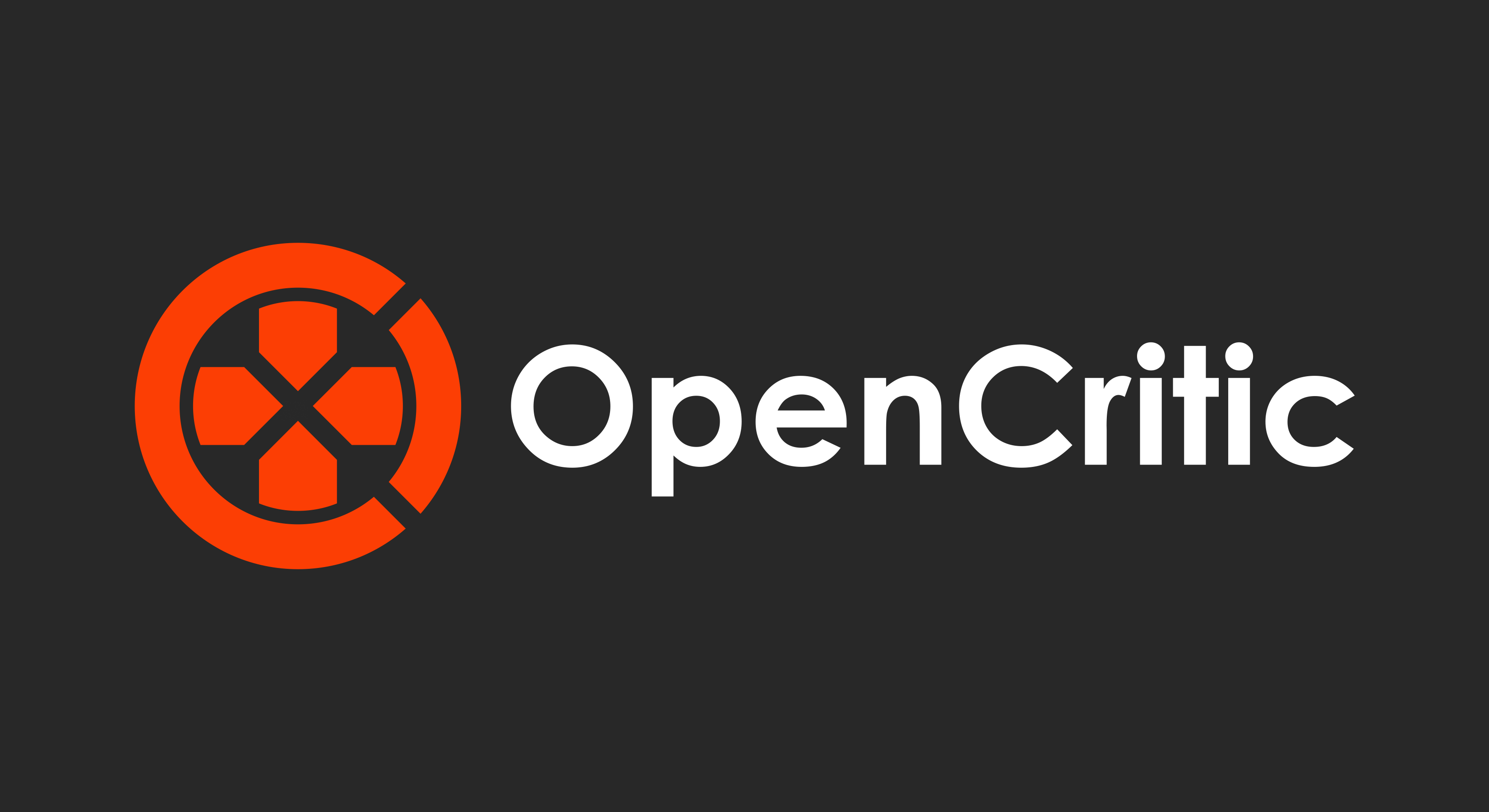Review aggregation site OpenCritic released a statement today accusing Metacritic of anti-industry practices, after their competitor’s announcement regarding localization requirements.
OpenCritic have been accepting submissions from non-English publications since December 2016, and as a result have received over a dozen new non-English contributors.
In order to be listed on either site, publications must submit a review quote in English which summarizes their review. However, Metacritic have responded by creating a new rule, for all publications who wish to be listed, which states that all review quotes provided are exclusive to Metacritic.
This essentially means that any publication wanting to be listed on both sites — and therefore increase their visibility and traffic in a crowded marketplace — will now need to create two different English quotes per review. Describing the process of how this will affect the aggregation process, OpenCritic said:
Asking for English quotations is already a significant demand. Many of these publications, especially up-and-coming ones, operate at a loss while trying to expand their reach. This requirement effectively mandates that these publications pay engineers to alter their CMS in order to support their aggregation. The results are these special pages which have traditionally been open to the public and are what Metacritic and OpenCritic scrape to aggregate non-English quotes and reviews.
In their statement, OpenCritic said that this latest requirement from Metacritic is “an abuse of industry power,” and that it unfairly forces the costs of extra development and localization onto publications.
They also argue that the review snippet put into the publication’s own CMS should belong to the publication — not an aggregation site — and that the only party that benefits from this policy is Metacritic.
This isn’t the first dispute between the two sites. In May last year, OpenCritic accused Metacritic of sourcing data directly from their website. OpenCritic routinely added changes to review URLs to make them unique to their site, and therefore obvious if another site took them without permission — which OpenCritic claimed they did, and provided examples.
There was no response from Metacritic on that statement, or this one — we will update you if they respond to this latest accusation from OpenCritic.
Note: GameSkinny is on OpenCritic as a review outlet.








Published: Feb 17, 2017 07:41 am